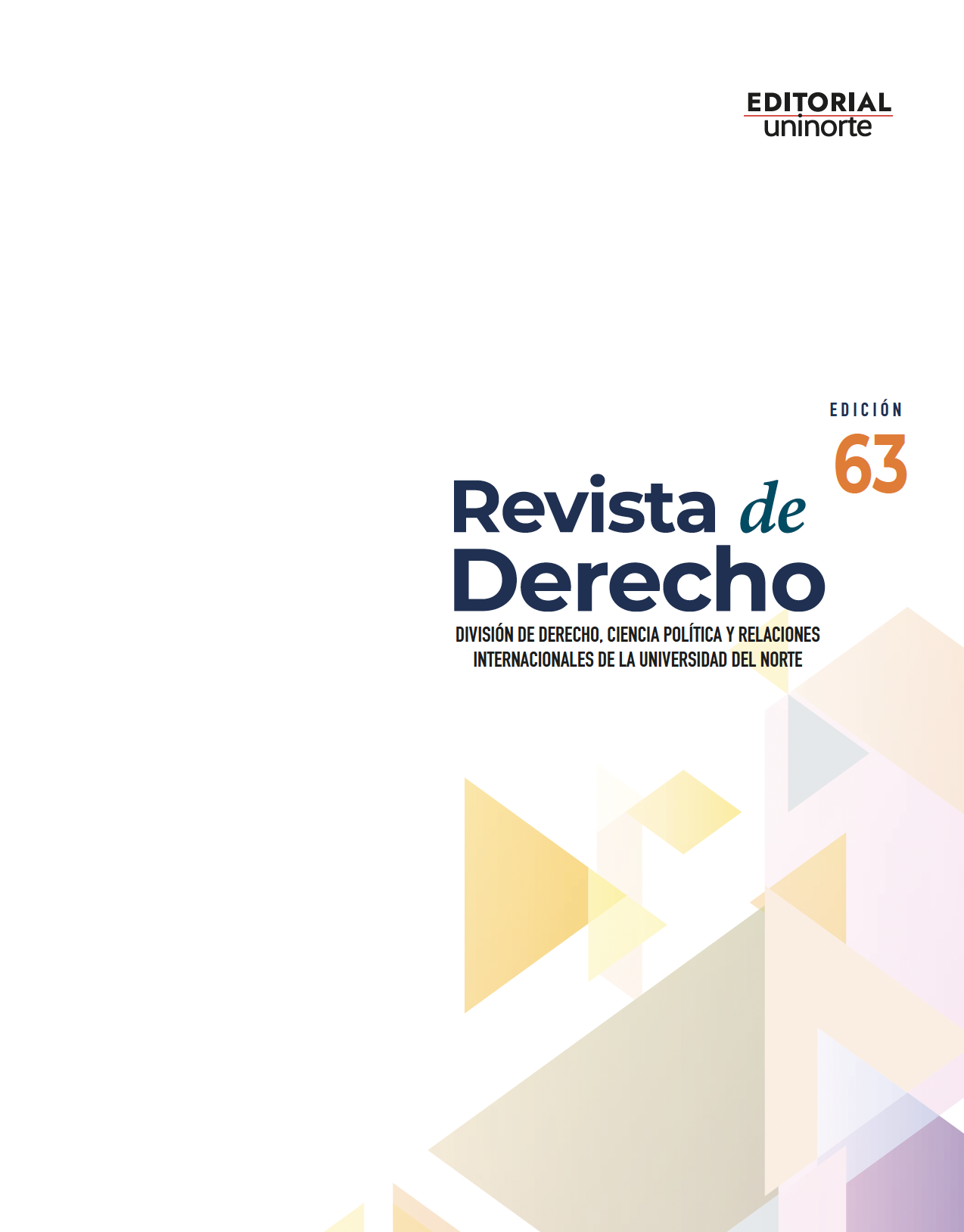Analyzing regulatory barriers in education services for business competitiveness in Barranquilla
Analizando las barreras regulatorias en los servicios educativos para la competitividad empresarial en Barranquilla (Colombia)
Keywords:
Regulatory barriers, Business competitiveness, Microenterprises, Educational services consulting, BarranquillaAbstract
In this study, 20 microbusinesses in the Colombian city of Barranquilla's education services consulting sector were examined in order to determine how regulatory constraints affected their ability to compete. To learn more about the regulatory obstacles these microenterprises confront and how they affect their ability to compete, a survey of the owners and managers of these businesses was conducted. The relationship between the regulatory barrier characteristics and business competitiveness was assessed using descriptive statistical analysis and Pearson correlation analysis. Additionally, a statistical analysis using many variables, including company size and industry, was done to determine the relationship between regulatory restrictions and corporate competitiveness. The study's findings made it possible to pinpoint the key legal obstacles microbusinesses in this industry confront and how they affect their ability to compete. These results will aid in the creation of initiatives to get over these obstacles and raise the city's business sector's level of competitiveness.
References
Acs, Z. J., & Audretsch, D. B. (1990). Innovation and small firms. Cambridge: MIT Press.
Al-Hawary, S. I. S. (2013). The roles of perceived quality, trust, and satisfaction in predicting brand loyalty: the empirical research on automobile brands in Jordan market. International Journal of Business Excellence, 6(6), 656-686. https://doi.org/10.1504/IJBEX.2013.0 6724
Batancur Vargas, G. A. (2015). Propuestas para el cumplimiento de principios en contratación estatal colombiana estudio basado en el “Observatorio de Objetividad en la Contratación Estatal de Infraestructura”(OOCEI) (Doctoral dissertation, Universidad EAFIT). https://repository.ucatolica.edu.co/entities/publication/299fcbcf-975a-4142-b28a-70601ec96067
Climent, V. C., Navarro, A. M., & Palacio, J. R. S. (2014). El método Delphi como técnica de diagnóstico estratégico. Estudio empírico aplicado a las empresas de inserción en España. Revista europea de Dirección y Economía de la empresa, 23(2), 72-81. https://doi.org/10.1016/j.redee.2013.06.002
Daly, G. (2016). The neo-liberalization of strategic spatial planning and the overproduction of development in Celtic Tiger Ireland. European Planning Studies, 24(9), 1643-1661. https://doi.org/10.1080/09654313.2016.1190813
De la Torre, C. G., Portales, L., & López, G. A. Y. (2022). Sostenibilidad en las pymes de América Latina y el Caribe. U. Externado de Colombia.
Del Castillo Machicado, J. I. (2020). Doing business in Bolivia: A case study in the Andean regulatory framework (No. 01/2020). Development Research Working Paper Series.
Eid, R., & El-Gohary, H. (2013). The impact of E-marketing use on small business enterprises’ marketing success. The Service Industries Journal, 33(1), 31-50. https://doi.org/10.1080/02642069.2011.594878
Downloads
Published
Issue
Section
License
Los artículos publicados en la Revista de Derecho y todo su contenido se encuentran bajo licencia Creative Commons CC BY. Creative Commons Attribution 3.0.








